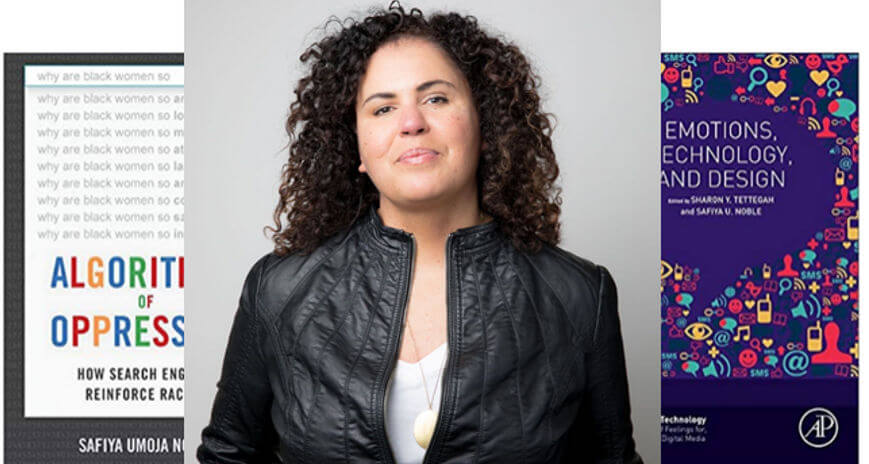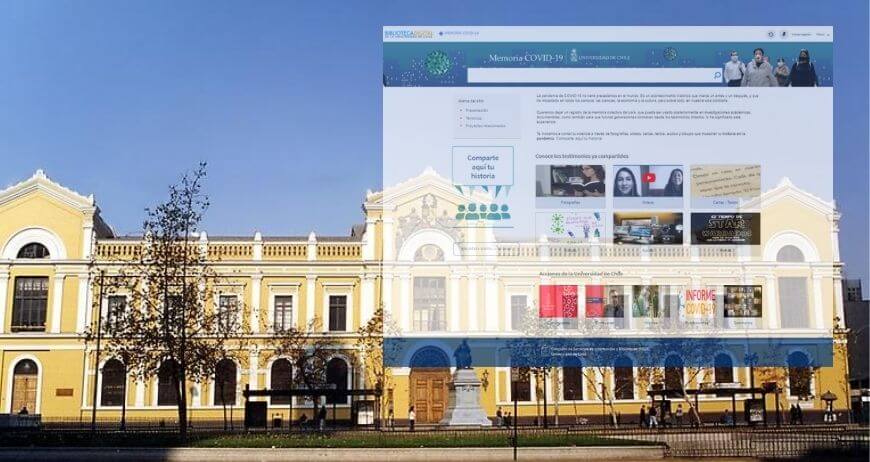Dani Guzman, Product Marketing Director, Ex Libris
Open access. How can it most effectively promote knowledge sharing, yet, at the same time, protect creativity? And what does openness in publishing mean for libraries? This month’s Buzz looks at how these questions can be answered in academia, in the courts, at the government policy level, and among librarians and library patrons themselves.
In an article for the Research Informationwebsite, Mafalda Picarra, a project officer at Jisc, a British nonprofit organization for digital solutions in education, notes that open access (OA) policies in academia have gone from radical to mainstream in less than twenty years. Now, Picarra notes, the knowledge-sharing challenge is making sure OA policies and tools are aligned among institutions of higher education and across national borders. To that end, she highlights the work of PASTEUR4OA, a collaboration of representatives from ten European countries working on new OA funding and publishing models, institutional repositories and other infrastructure. This think tank has released a suite of resources for transitioning to OA, templates on OA policy-making, and case studies on policy implementation, among other resources. As a valuable example of this research, Picarra lists five policy elements that are most effective in increasing open access publishing. Read more >>
In another development related to open access publishing, an American appeals court has decided that Google can continue scanning millions of books for an online library. According to a Reuters story snippet in Gary Price’s “infoDocket” section of the online Library Journal, the court said the case “tests the boundaries of fair use.” Here at The Library’s Buzz, we wonder whether it also tests the boundaries of the definition of a “library”…. Read more >>
Harvard University’s Research Librarian Cheryl LaGuardia, in her Not Dead Yet blog, describes a little (admittedly unscientific) poll she conducted among 100 librarians and library school faculty in the US and Canada regarding what the hottest field is in librarianship today. The responses, she said, came fast, with a heavy emphasis on “all things digital,” as one respondent put it; i.e., data mining, discovery, storage and presentation. But excellent people skills and advanced degrees were also highlighted in the replies. Check out LaGuardia’s reading of the results and some verbatim responses. Read more >>
John N. Berry III, Editor-at-Large for Library Journal, reviews Wayne A. Wiegand’s new book, Part of Our Lives: A People’s History of the American Public Library, for his Blatant Berry blog. Wiegand’s book makes it clear, he writes, that “libraries have been more things to more people than many historians and librarians have realized.” Therefore, the author rejects doom and gloom predictions regarding the public library, claiming that libraries have always been shaped by the needs and desires of their patrons. “Success in that future, like our long record of success in the past, will only be achieved by being receptive to what users tell us and, more important, that we librarians move more quickly in these accelerating times of change to see that they get the results they seek,” Berry comments. “It all seems so simple after you read Wiegand’s work.” Read more >>
Follow @ExLibrisGroup









